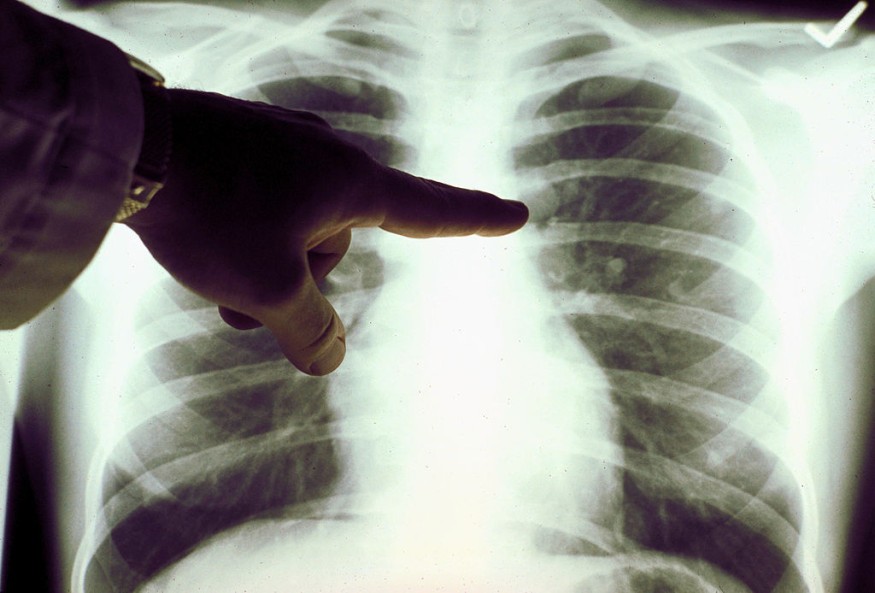Scientists Successfully Revives Damaged and Unusable Lungs in Ground-breaking Research

Researchers at Columbia and Vanderbilt successfully revived six lungs taken from brain-dead patients in an astounding and monumental scientific procedure. The organs were severely damaged and soggy with fluid before the restoration.
The scientists had been working for nearly a decade to build a system that would restore unusable lungs.
The process involved each lung to be placed in a plastic box. The team of researchers attached a respirator to the specimens to help it "breathe." The group connected each lung to a large vein in a live pig to promote blood flow through the organ's vessels.
On Monday, the team published their results in Nature Medicine. According to lab tests, the lungs had been revived and are viable for transplant.
What's next for the team?
After a successful trial using a live pig, the researchers are now considering using a human to resuscitate the organ. The process will involve hooking a damaged lung to the patient's neck using a large catheter. The lung will also be attached to a respirator inside the patient's room.
The system would allow the transplant patient to revive a lung for himself. While the procedure is not yet recommended for routine use, medical experts said the research's transformative idea might provide a jump forward in the field of medicine, as reported by The New York Times.
How can the research's findings help?
Lungs are critically needed for transplants. In the United States, more than 3,000 patients were added to the waiting list in 2018 alone. However, the long wait has led to several patients' deaths, with others becoming too sick to survive an operation.
The COVID-19 pandemic will likely increase the need for lungs viable for transplant. A report byHealthline on June 22 said severe cases of COVID-19 might lead to lasting complications such as post-COVID fibrosis and acute respiratory distress syndrome (ARDS).
ARDS occurs when there is a build-up of fluid in the lungs. This reduces the amount of oxygen the organ transports in the bloodstream. If left untreated, the patient can suffer from organ failure or death.
Post-COVID fibrosis is irreversible lung damage that can cause severe functional limitations from patients. These include cough, shortness of breath, and the need for oxygen. Severely ill patients may suffer lasting lung damage, with some requiring a transplant.
Such was the case for a 20-year-old woman whose lungs were destroyed by the virus. She received a double lung transplant in early June at the Northwestern Memorial Hospital. Her 10-hour surgery is the first known procedure of its kind in the United States.
Dr. Matthew D Bachetta, a lung transplant surgeon at Vanderbilt, said their research could help make 40 percent of donated lungs for transplant viable. The finding could also help expand the donor pool.
"We could avoid many waiting-list deaths and be more open-minded about who could have a transplant," Dr. Barcetta said.
Want to read more? Check these out:
Subscribe to Latin Post!
Sign up for our free newsletter for the Latest coverage!

















